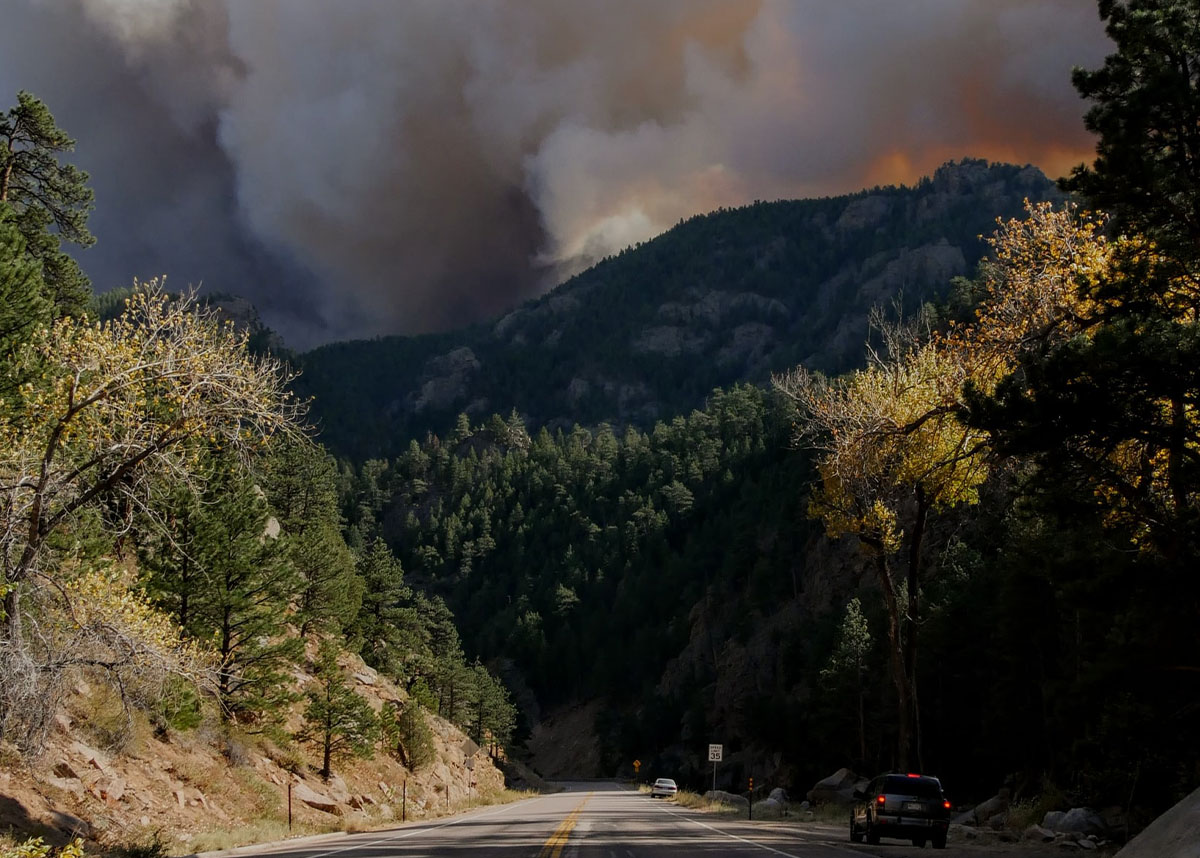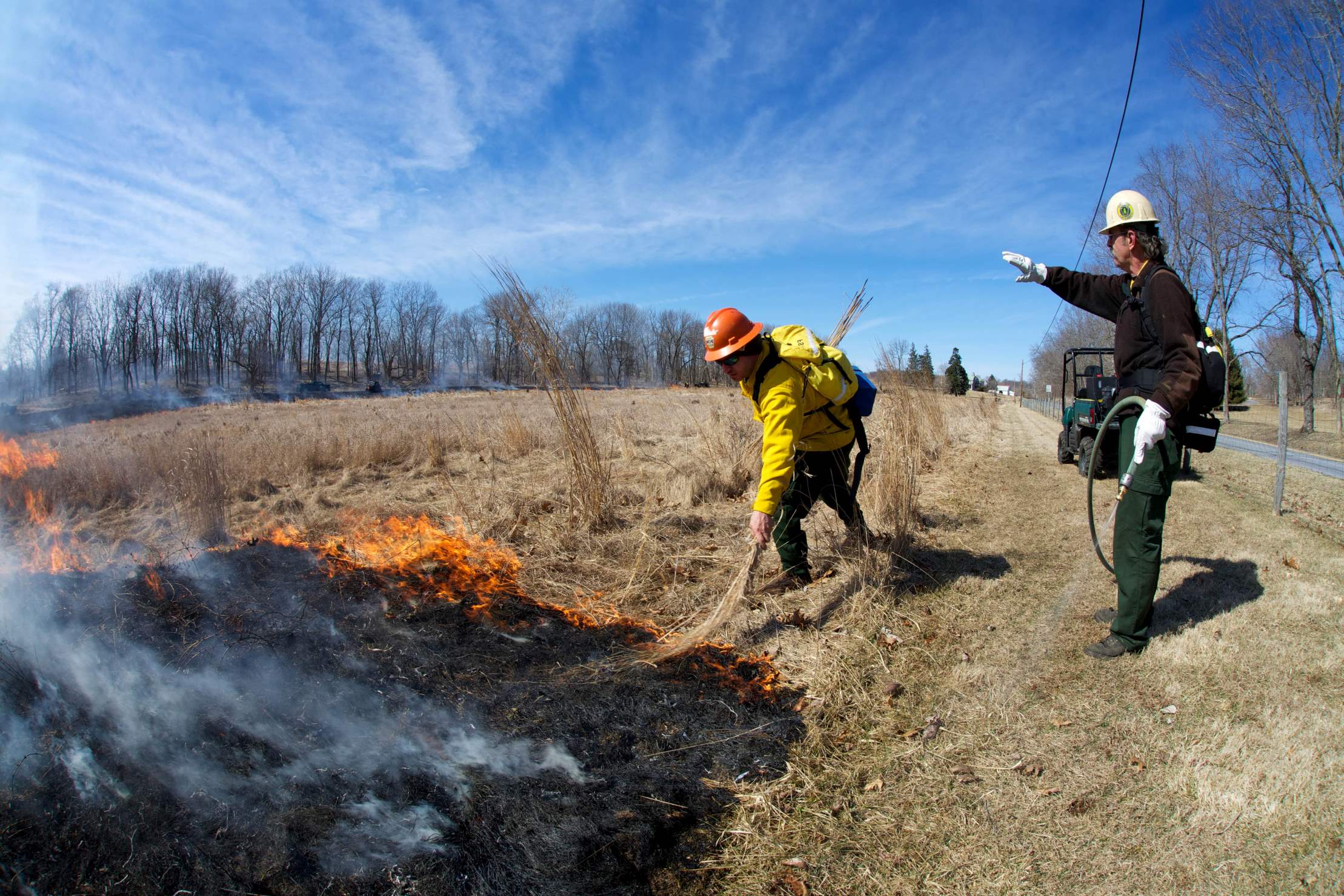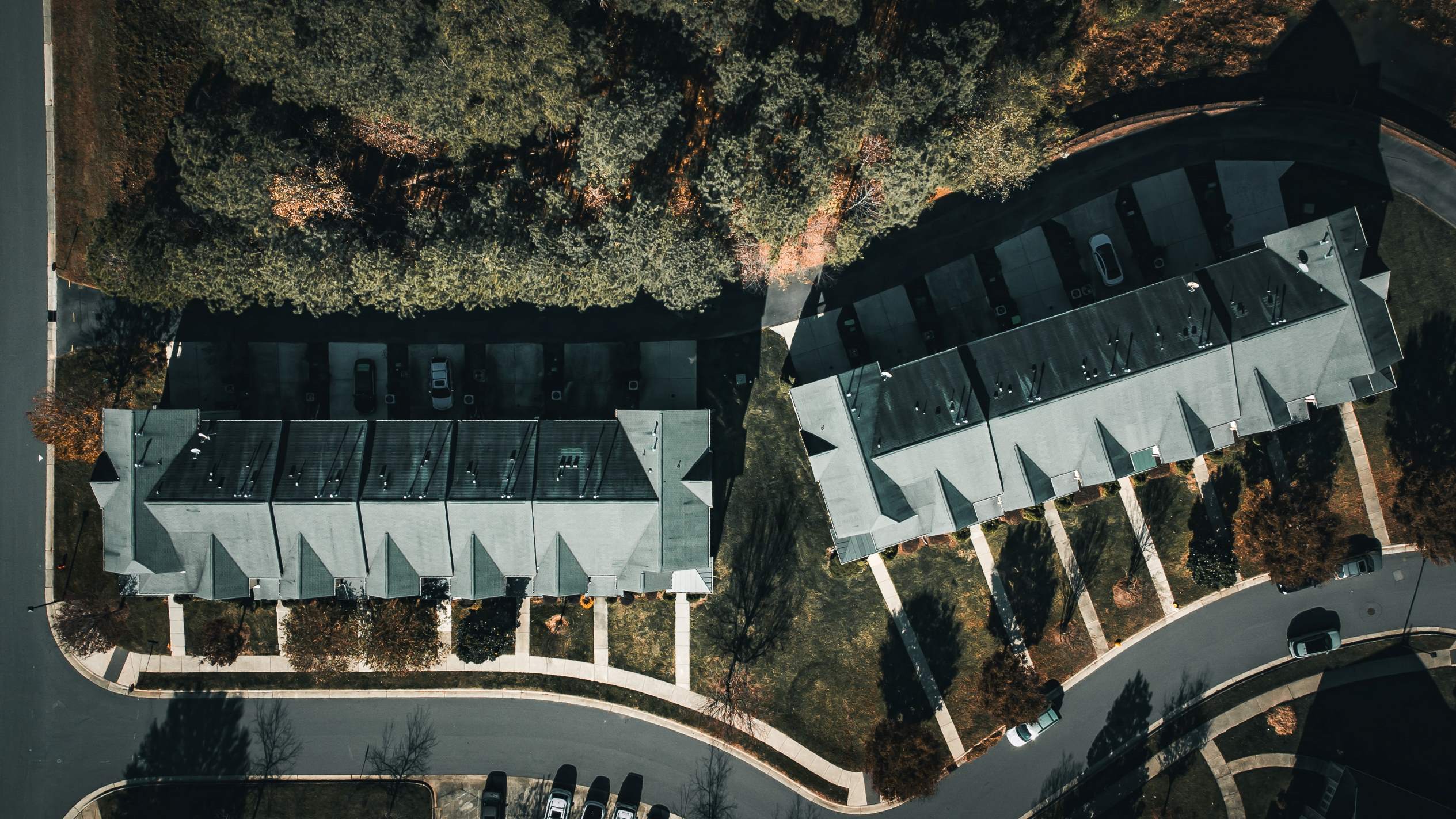Wildfire & Community Resilience

On December 30, 2021, Marshall Fire destroyed 1,084 homes and damaged 149 more in the communities of Louisville, Superior, and unincorporated Boulder County, becoming the most destructive fire in Colorado’s history. In the wake of this destructive fire, the Dickinson lab was awarded an NSF RAPID grant to lead a coordinated team of local and national researchers conducting longitudinal surveys of affected residents. This work is crucially important in order to understand how to make resilience policies themselves more robust in the face of an expanding set of climate risks. Specifically, our study is guided by theories of post-disaster recovery and resilience that describe how local government policies succeed or fail after catastrophic events.

Prescribed (Rx) burning entails carefully planned fires lit under controlled conditions to manage fuels that can spur catastrophic fires and wildland-urban-interface (WUI) community disasters. The US National Cohesive Wildland Management Strategy identifies Rx burning as a cost-effective solution, but its use has remained limited, particularly in the American West. Managing wildfire and other climate-related hazards involves weighing risk-risk tradeoffs in order to develop effective, balanced strategies that protect communities and the environment. This interdisciplinary project uses a mixed-methods approach to advance knowledge on decision making under risk in the context of natural hazard management.
This project is funded by the National Science Foundation.
Social Norms & Wildfire Mitigation

In the past 10 years, areas throughout the United States have incurred increased economic and social costs due to wildfire. In the face of increasing wildfire hazards, action at multiple scales is required to effectively reduce fire risk. In particular, individual homeowners play a central role through the actions they take (or do not take) to mitigate wildfire risk on their private property. This study contributes to a growing body of knowledge on the factors that shape wildfire-related behaviors by homeowners in fire-prone areas. More specifically, by focusing attention on the ways in which households can influence each other in the face of wildfire risk, the results can help to inform policies that harness the power of social norms to increase private mitigation actions in the face of interdependent risk.


